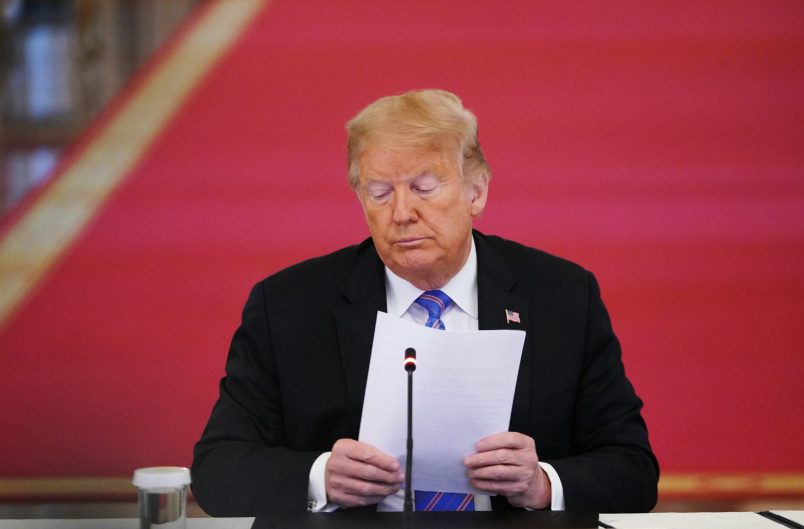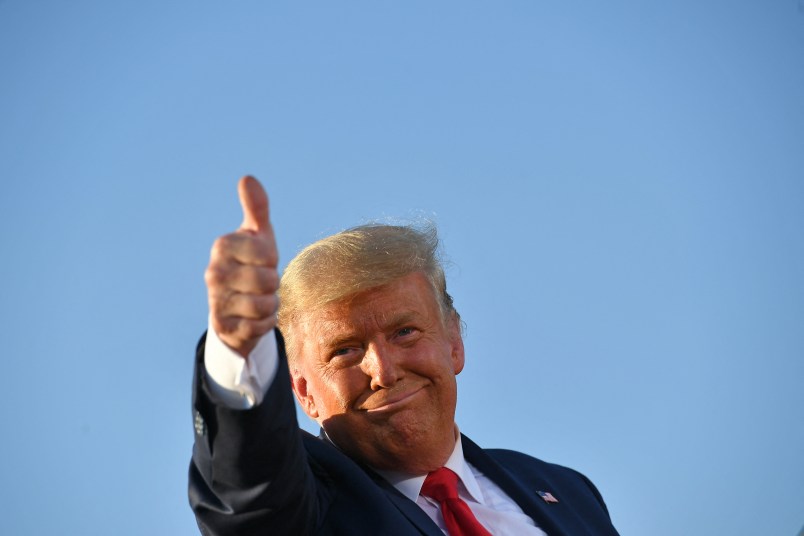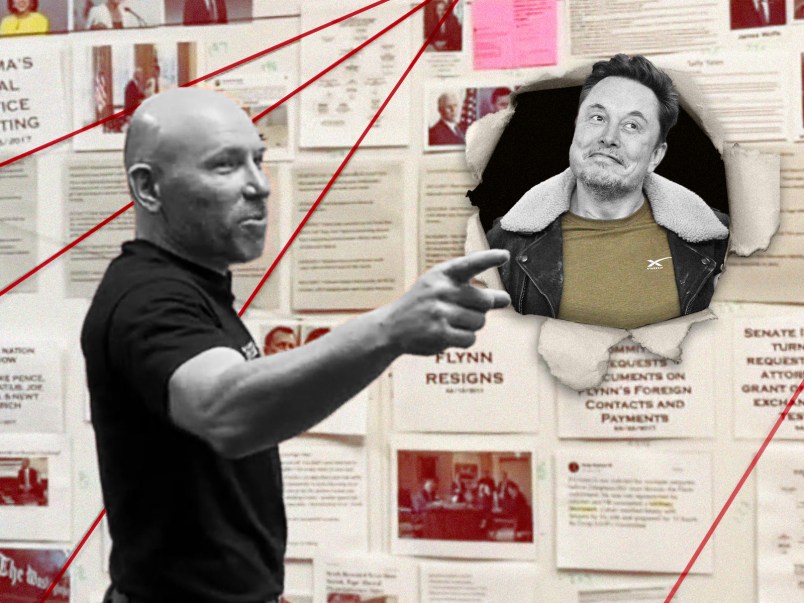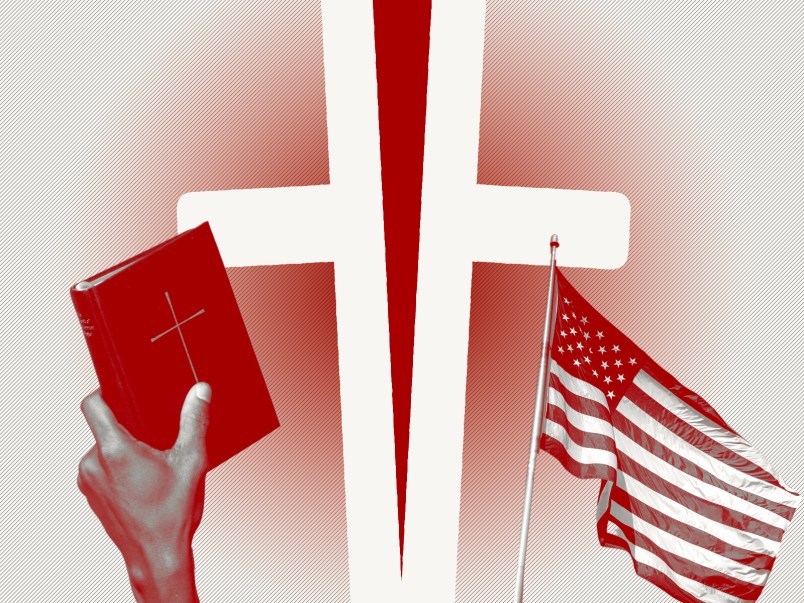Former President Trump took a bunch of records from his administration with him when he left the White House, the Washington Post reported Monday — forcing the National Archives to trek down to Mar-a-Lago to retrieve them.
The Post cited three people familiar with the National Archives’ Florida trip.
Trump advisers described the former president’s decision to hang on to the records as not nefarious, the Post said. Among Trump’s mementos, the Post reported, were his correspondence with North Korean leader Kim Jong Un — once fondly described by Trump as “love letters” — and a message former president Barack Obama had left for Trump when he departed the White House.
Though all presidents have some violations of the Presidential Records Act, the Post noted, the Trump administration took those violations to new heights. The law requires Presidents to preserve records, but doesn’t offer the National Archives many tools with which to enforce compliance.
The Trump administration has presented the National Archives with other challenges: Some of the documents it obtained were torn up, and had to be taped back together, the Post reported last month.
The way in which the administration preserved its records has become a particular focus in light of the Jan. 6 Select Committee’s probe into the day of the insurrection and the events that led up to it. Trump claimed many of his records should be shielded from the committee due to executive privilege, an argument he took all the way to the Supreme Court.
But the Court did not bite, ruling 8-1 that the National Archives could begin providing records to the committee. Justice Clarence Thomas dissented.
The process for turning those records over has started, and details about them have surfaced in the press. Among them was a draft executive order allowing the department of defense to seize voting machines, and appointing a special counsel to examine them. That order was never signed.










